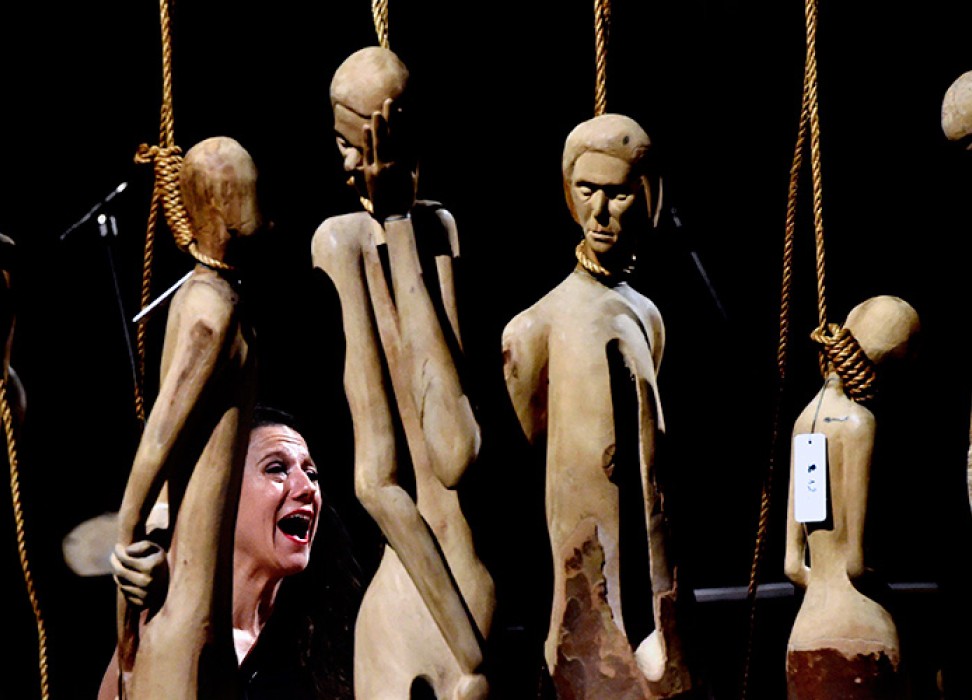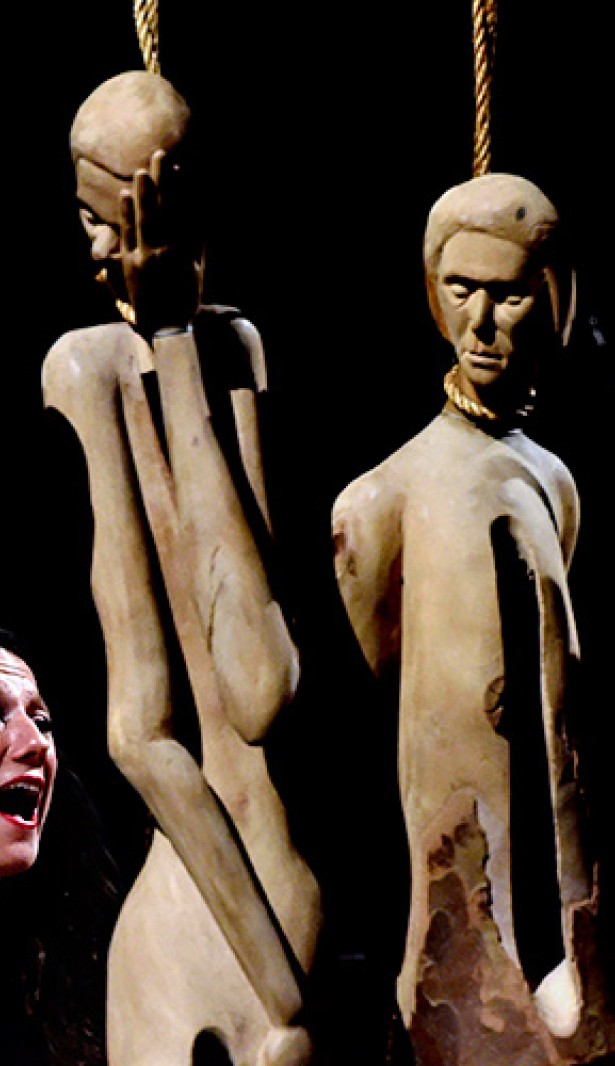Attacks on UN civil society allies raise alarm
22 November 2018

Civil society actors, human rights defenders and UN human rights officials are alarmed by increasing attacks on those cooperating with the United Nations and on human rights defenders more generally.
UN Assistant Secretary-General for Human Rights Andrew Gilmour, who is tasked with drawing attention to the issue of reprisals against individuals and civil society organizations for cooperation with the UN, told a recent meeting at UN headquarters in New York on the subject that circumstantial evidence pointed to a worsening situation.
Gilmour observed that
the Secretary-General’s report on the issue for this year, which he presented to the UN Human Rights Council in Geneva in September, had cited 38 countries where cases of reprisals for cooperation with the UN were reported. The year before, the number was 32 countries and before that, the yearly average was 15.
"This is the tip of the iceberg. There are many more cases that are either not reported to us or we cannot publicize because of lack of consent of the victims or because we fear for their security," he said. Moreover, the number of cases reported to the United Nations need to be read with a caveat. "Paradoxically, we are more likely to get reports of reprisals from countries that are relatively more open, than from those that have a more restrictive environment for civil society," he said.
While most cases of reprisals are committed by state agents, the Secretary-General has underlined the need to pay attention to actions by non-state actors. Of concern are increasing online attacks, intimidation and smear campaigns against human rights defenders.
Concerning Trends
Gilmour highlighted three concerning trends: The growing tendency to label human rights defenders as "terrorists" or "criminals" in an attempt to discredit them; applying legal and administrative procedures to retaliate against them; and abuse of accreditation and security procedures at the UN to block civil society.
Many speakers at the meeting were critical of the UN Committee on NGOs, a subcommittee of the UN Economic and Social Council (ECOSOC) composed of states. The NGO Committee, as it is commonly known, is responsible for the accreditation of non-governmental organizations to ECOSOC, a requirement for participation in some UN meetings.
The NGO International Service for Human Rights said that the NGO Committee has been turned by some countries into a tool to frustrate or punish NGOs.
"What is happening in the UN [NGO Committee] is not incidental but reflects what is happening on the ground in certain countries," said Eleonor Openshaw of the International Service for Human Rights. She noted that NGOs are denied accreditation without any hearing; all it takes is an objection of a member state without, in most cases, any substantiation.
Many speakers highlighted the "emblematic" case of the International Dalit Solidarity Network, whose application for accreditation has been deferred by the NGO Committee for 10 years now. The organization advocates for non-discrimination of Dalits. Over the 10 years, its application has received some 83 questions, all from India, in some cases the same question several times over, resulting in its application being repeatedly postponed for consideration until the following year.
The International Service for Human Rights also highlighted the case of the Alkarama Foundation. The Swiss-based foundation, which advocates for the protection of human rights in the Arab region, had been recommended for ECOSOC special consultative status by the NGO Committee in May 2017. In July 2017, ECOSOC decided not to endorse the NGO Committee’s recommendation following a motion introduced by the United Arab Emirates, which cited "its [the foundation’s] clear connections to terrorism".
Openshaw said that even worse, some countries are beginning to use the NGO Committee, whose proceedings are public and often webcast, to initiate unsubstantiated allegations, which are then picked up outside the United Nations.
Transparency and fairness
The European Union pointed to the abuse of the "no objection procedure" that is often applied to enable civil society participation in large UN meetings. The EU noted that some NGOs are kept out on the objection of any country, which doesn’t have to give any reasons for its objection.
The Secretary-General has called for transparency and fairness in the manner the NGO Committee carries out its accreditation process.
Independent human rights experts, notably members of the Commission of Inquiry on the human rights situation in Burundi, the Special Rapporteur on the human rights situation in Myanmar, Yanghee Lee and the Special Rapporteur on Indigenous Peoples’ rights, Victoria Tauli Corpuz, have also come under attacks by governments for their UN-related work. Yanghee Lee, during her presentation to the General Assembly this year, drew attention to reprisals faced by people in Myanmar who had spoken to her during her visits.
Welcoming the increasing recognition of the importance of civil society participation in UN meetings, he regretted attempts to create a hostile environment for such participation. Among recent examples, he cited attacks by Israeli diplomats on the head of the Israeli NGO B’tselem, who was invited to address the UN Security Council.
"If the United Nations cannot ensure secure space for civil society in the glare of the cameras in New York, I fear what happens on the ground, where there may not be anyone watching," said Gilmour.
Amnesty International estimates that 3000 human rights defenders have been killed – or one every second day – since 1998 when the UN Declaration for protection of human rights defenders was adopted.
22 November 2018

